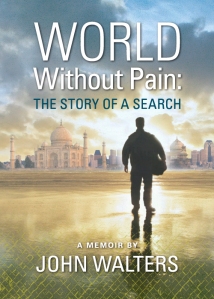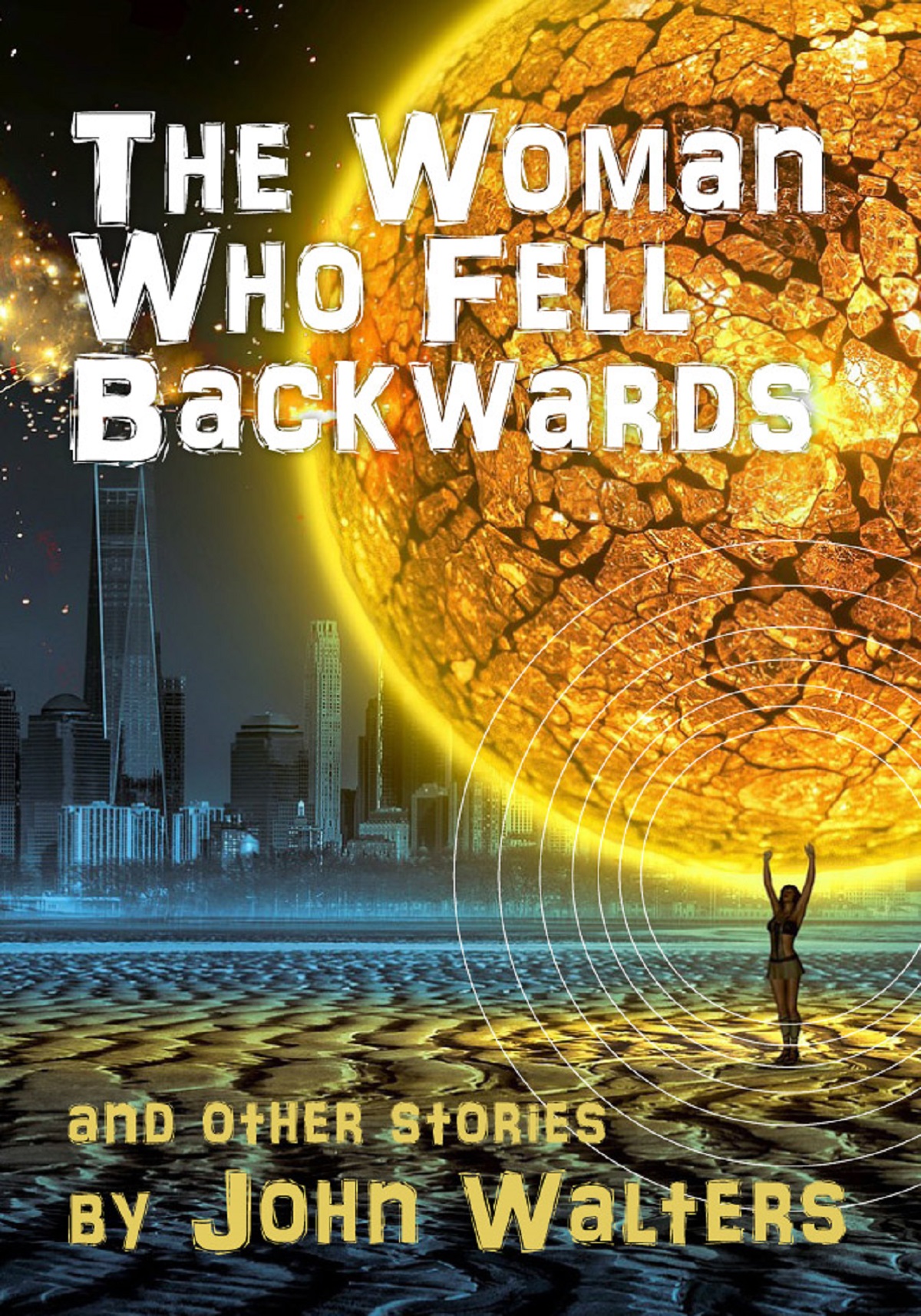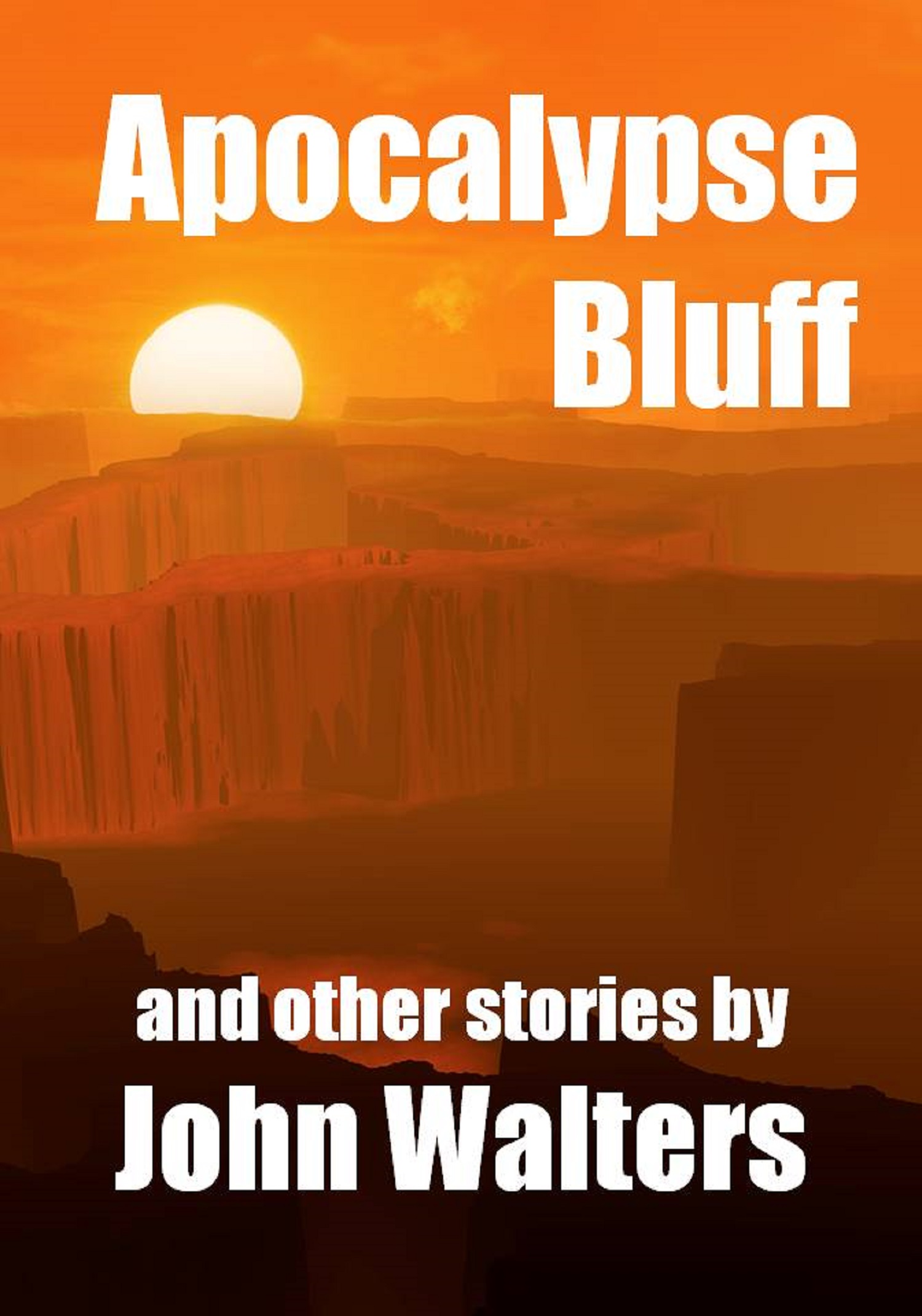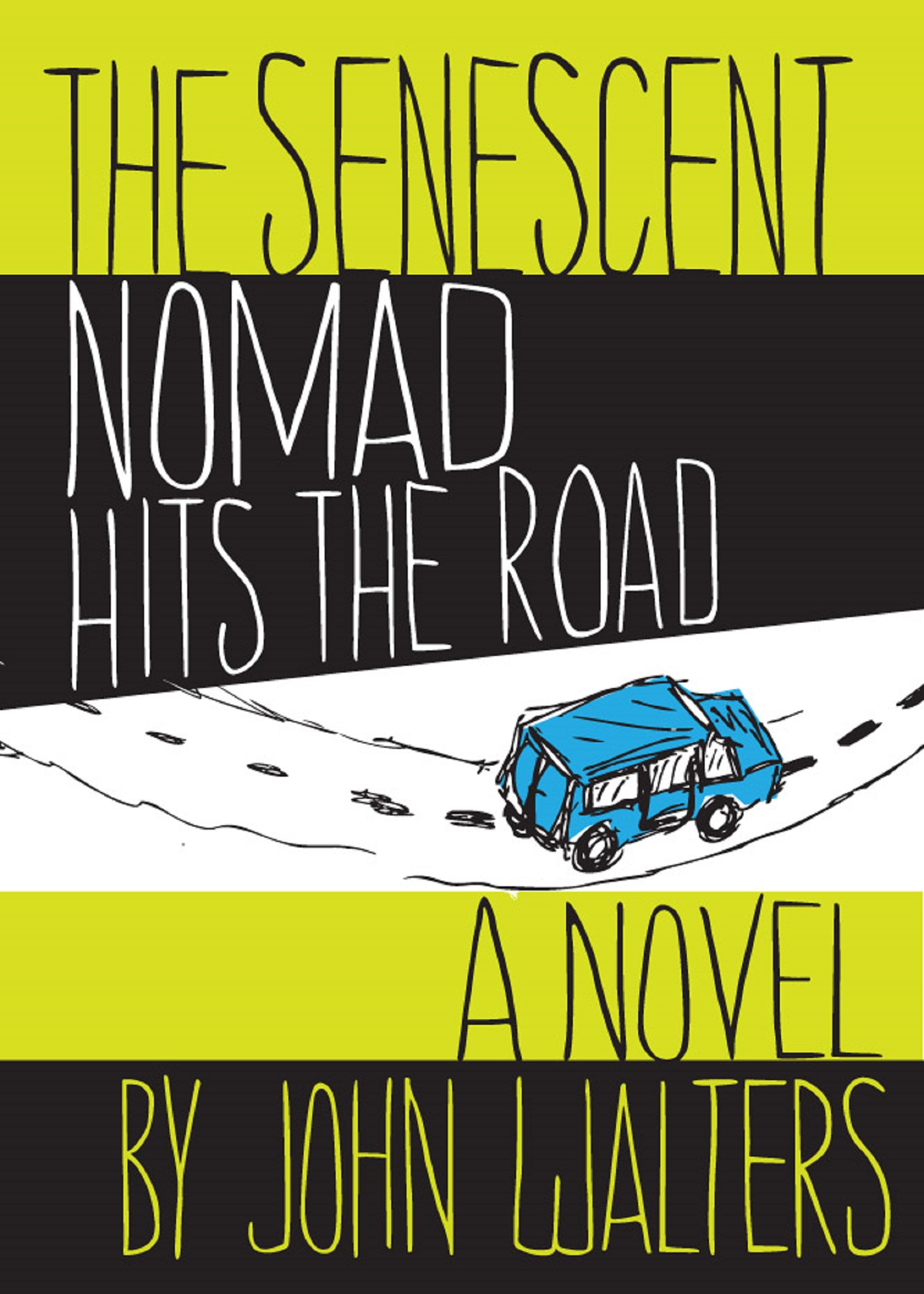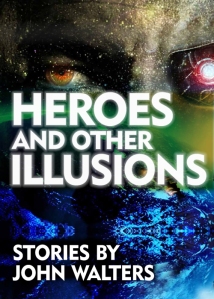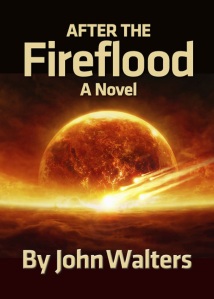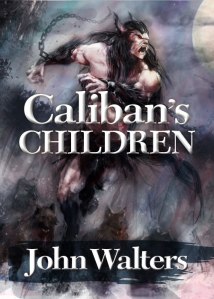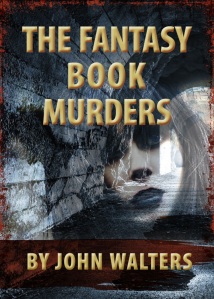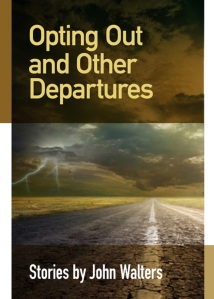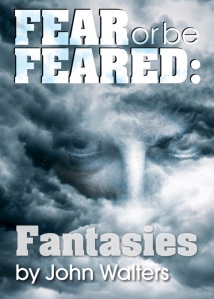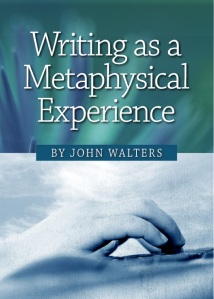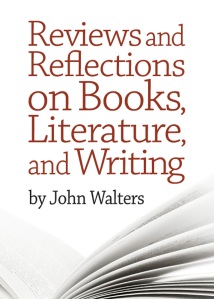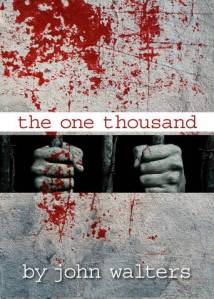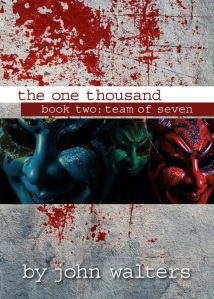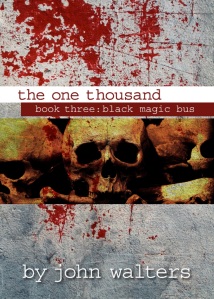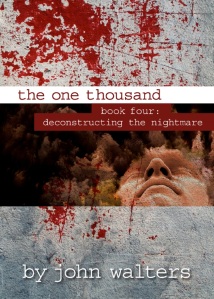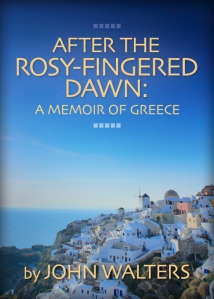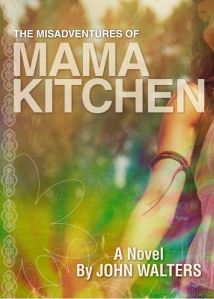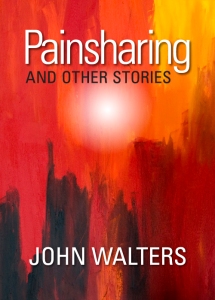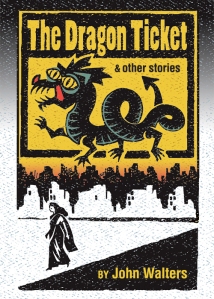This books hits almost too close to home. It’s uncanny how reading it now more than four decades after I first read it, I still have many of the same emotions. Martin Eden decides to become a writer. He works like hell to make it happen. He devours books like a starving wolf in the wilderness. He writes stories, essays, and articles. He sends them out like an invading army to the fortified citadel of publishing only to have them come back in defeat, one after another, marked with the impersonal discouraging flags of form rejection slips. I know the feeling well, and so did Jack London. That’s why he wrote about it.
As I have mentioned elsewhere, Irving Stone used much material from “Martin Eden” in his biography “Jack London: Sailor on Horseback” – one of the most significant books for me personally ever. Whether it was a correct, scholarly thing to do is open for debate in academic circles, I suppose, though it doesn’t really matter to me. I’m sure he corroborated the passages elsewhere. He used them for effect, to get at Jack London’s heart. And they work. For a writer to pour his heart and soul into a manuscript and read nothing but a mass-produced rejection slips in return is devastating, humiliating, no matter how writers cover it up by saying that at least accumulating a ton of rejections means you made the attempt. Okay, so what? You make the attempt. You try. If you don’t succeed in the end, if all the trying is in vain…
In one part of the novel Martin Eden lays his head down in exhaustion on his writing table and envisions a scene from his past. A bully named Cheese-face tormented him from his youth, from when he was six, beating him up over and over again. Eden never gave up trying to even the score but always got the worst of it. Eleven years later, when he was seventeen, Eden met Cheese-face again and they had a final showdown. Nobody can write a fight scene like Jack London. The bare-fisted battle went on and on until Eden broke his right arm; it looked like defeat but he kept fighting with his left arm until finally in a bloody haze he subdued Cheese-face. Eden awakens from his daze back on the writing table and realizes that that fight is like his writing. Though he has a pile of rejected manuscripts sitting in the room and he can’t send them out because he has no money for postage, he can never, ever give up. He is in the fight to the end. That’s how I feel about my writing too.
So next Martin Eden has to tough it out and go and look for work. He finds a job at a hotel laundry where he works morning to night without letup for pitiful wages. Gone is the energy to study or write or do anything but get up the next morning and work some more. I go in cycles like that too. I do drudge work for money because you just have to have money in this world, but I long to spend those hours writing my stories, novels, essays, memoirs, and so on rather than ridiculous articles for somebody else’s website for which they pay me a pittance.
It resonates. God, how it resonates. It shows me the measure of things. It takes me back to my roots. It reminds me of my core values as a writer, and of my unfulfilled hopes and dreams. Yet I read on, fascinated. I can picture, I can feel, I can sense Jack London as he wrote it, pulling details and emotions out of the stored memories of the past, out of the churning mass of experience and knowledge and tragedies and triumphs that are the sum of his life. I do the same thing when I am deep in the throes of writing. I pull what I need up out of my gut, or call it forth out of my head, or wring it out of my heart. I use what is me, all of me, my heart and soul and spirit. I pour it forth on the page. That is why there is so much agony and ecstasy involved in failure or success.


